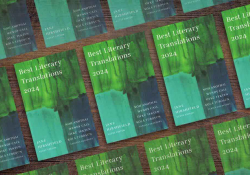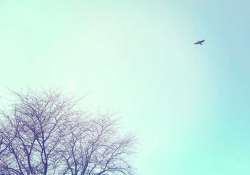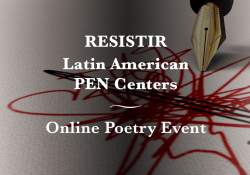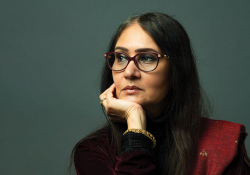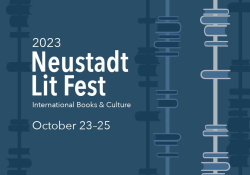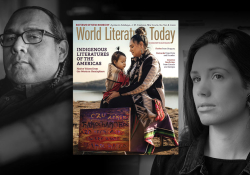Why Do You Read WLT ?
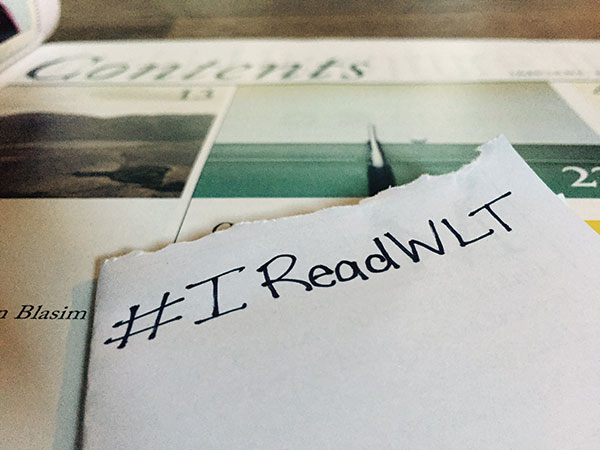
From February 25 to March 10, we are inviting readers to tell us what they like most about WLT. In 25 words or less, tweet us some love with the hashtag #IReadWLT or post your reply on Facebook. We’ll aggregate our favorites and publish them in the next issue. Even better, send us a photo of yourself reading the print or digital edition of the March issue in your favorite spot. Take one of our favorite snapshots, and you’ll be entered into a drawing for a free one-year subscription for yourself or a friend.
Highlights from the 2014 Readership Survey
This hashtag series is inspired by the feedback we recently received in our readership surveys. Take a look at what some of our respondents said, and then join us in sharing more about why you read WLT!
What We Do Best
“WLT introduces me to writers and literary works I would have never known about. It has enriched me.”—Dorothy Mikuska, English teacher, Oak Brook, Illinois
“WLT is a grounded and focused publication that stays true to its core readership and purpose. I also love that it is so diverse in terms of genre, topics, and, of course, for highlighting literature from around the world in the broadest sense possible.”—David Dulceany, PhD student, Durham, North Carolina
“I love WLT’s unpredictability. New themes surprise me all the time. It is definitely showing sensitivity to the ‘edges’ and ‘margins’ of ‘Literature’ and ‘Poetry’ (with capital letters). Very invigorating and timely!”—Alice-Catherine Carls, professor and translator, Martin, Tennessee
What We Can Do Better
“So far, my criticism—which is somewhat ironic—is that the scope of WLT is almost overwhelming. There is so much content from every region of the planet that I have trouble getting a handle on the material, and this is a little discouraging. My grip on the content of WLT feels fragmented, and I suppose I would need some sort of regular big-picture synthesis of trends, movements, and developments on the world stage. Perhaps editorial or overview pieces that tie more strands together. How do things interrelate? How is the work of so many writers thematically, politically, aesthetically linked? Some sort of frame of reference would be greatly appreciated.”—Michelle Payette-Daoust, French teacher, Montréal, Québec

